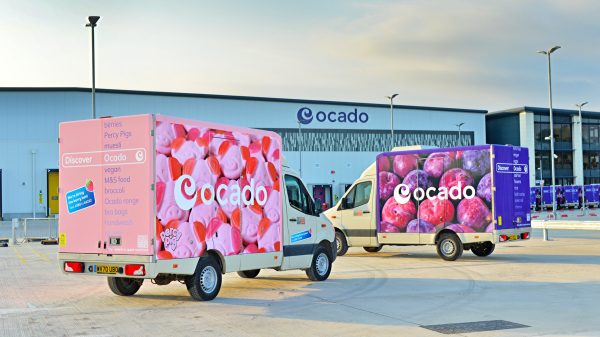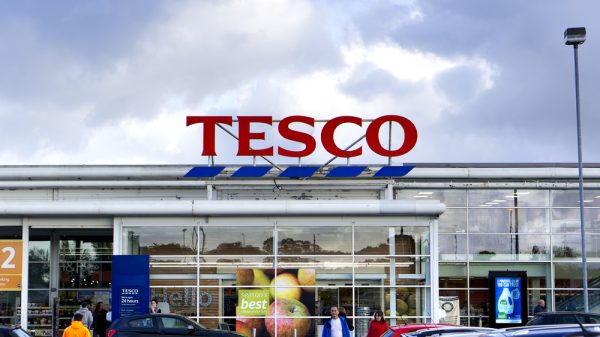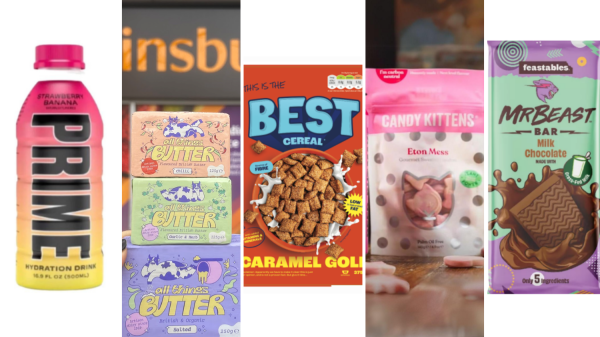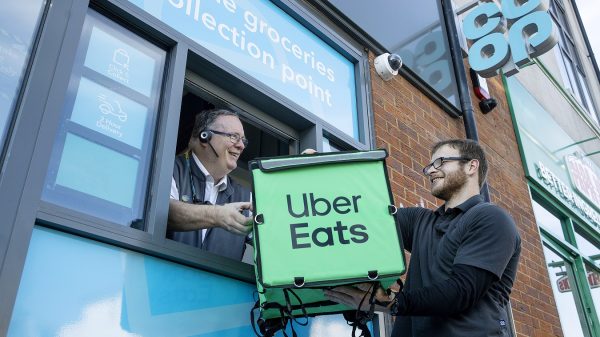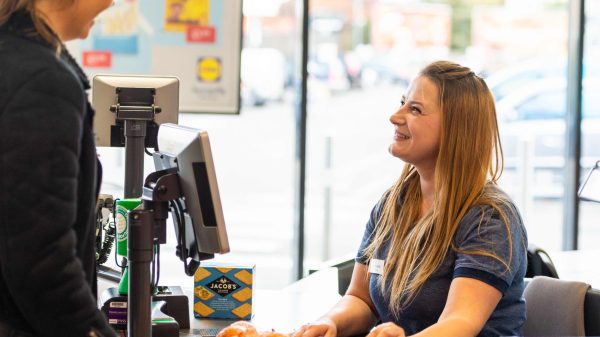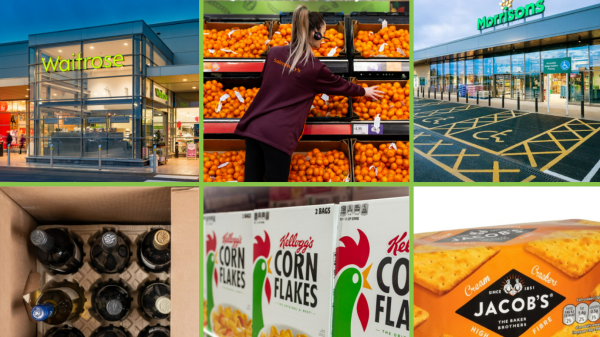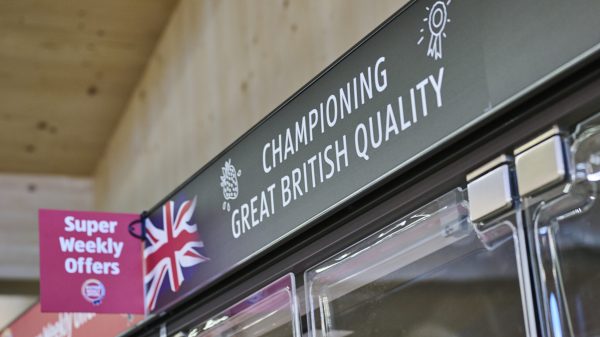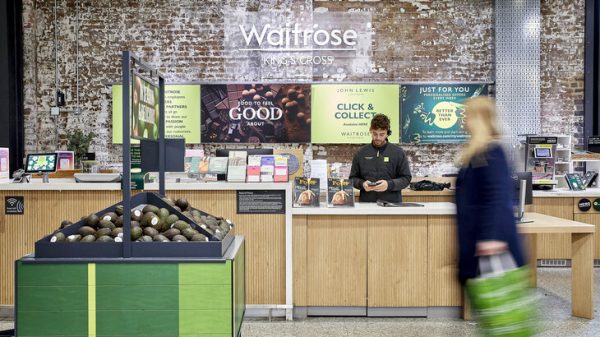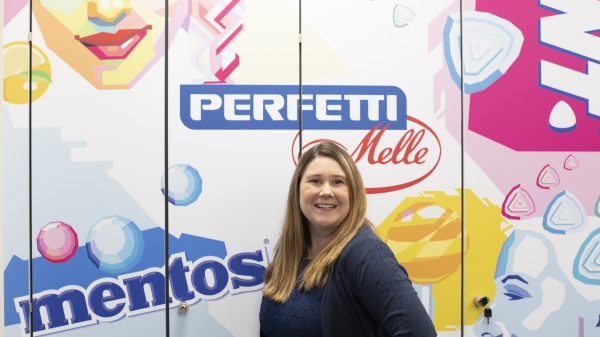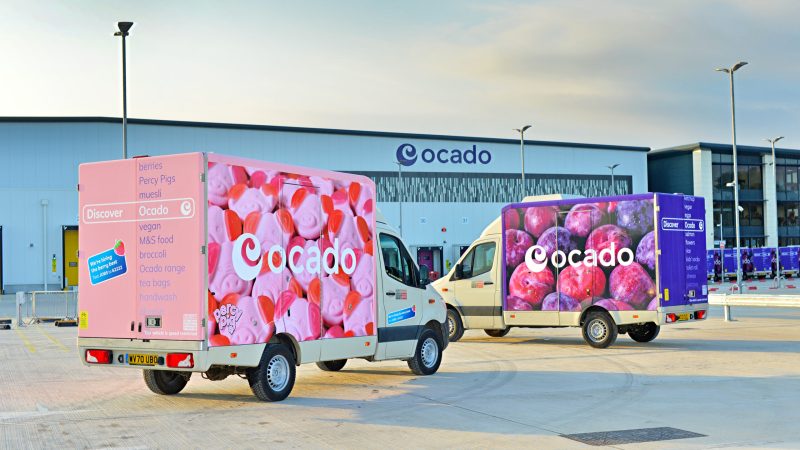Covid-19 has of course sent shockwaves through many sectors of the UK economy, but retailers have been some of those battered the most. Despite this, supermarkets appeared to have weathered the storm, with a record-breaking £12 billion spent across their stores in December 2020.
However, the collapse of major household names such as Arcadia Group and The EWM Group has focused analysts’ attention on which other companies might be next in line. When we look at the supermarket sector more closely using the Z score as an indicator of insolvency risk, some surprising results come to light.
What is the Z score? The Z score is effectively a credit strength test that gives a listed company a number based on five key financial ratios. Generally speaking, anything above 3 is a safe bet, while anything below 1.8 is a riskier prospect. Of course, we must remember to consider the number in relation to sector or industry averages, and not just look at it in isolation.
The ‘big three’ listed supermarkets
On first glance at the supermarket sector, you might have thought that fustier brands such as Morrisons would have been in trouble compared to giants such as Sainsbury’s and Tesco. Yet, this is not the case. Although all three recently benefitted from increased spending levels as pubs, restaurants and “non-essential” rivals were shut by pandemic restrictions, when looking at their Z scores – Morrisons (2.15) Tesco (1.73) and Sainsbury’s (1.28) – they all post low figures. Perhaps surprisingly, Morrisons outperforms the other two.
Sainsbury’s in particular has a score in the ‘danger’ zone, and the group’s lower profit margins compared to Tesco or Morrisons and its underperforming share price are potentially two leading reasons behind this. It is telling that Sainsbury’s was the second most shorted stock in the UK market in January 2021, with 7.8% of its issued capital shorted, whilst the group’s recent preliminary 2020/21 full year results saw a steep decline in pre-tax profits of 39%.
Nevertheless, it’s likely that low figures across the three are more a result of differences in supermarket financial reporting, such as holding stock for sale, than the industry being on the brink of bankruptcy.
However, whilst supermarkets have been the only game in town for many households during the pandemic, restrictions are beginning to ease and the success of vaccination programmes indicate that sectors like the hospitality industry will soon be widely open. A key factor for supermarkets to survive in the future will be adapting to online business models and partnerships – something that all three of the above are currently attempting to do.
The power of technology
One recent partnership is that between Ocado and M&S, known as Ocado Retail. Ocado Retail has got off to a flying start and, given Ocado’s strength in digital food delivery, is a shrewd strategic move by M&S, enabling it to profitably grow its specialty food product sales through Ocado’s technology platform, while at the same time helping its transition to a more comprehensive supermarket offering.
Looking at Z scores, Ocado (10.95) and M&S (2.19) demonstrate the rock-solid stability of an online only retail business model compared to a brand that is thought of as a national institution. Clearly, Ocado isn’t going bankrupt anytime soon, and it may surprise many that the mega brands we’ve grown up with for decades are an order of magnitude more likely to sink than this plucky upstart.
Don’t judge a UK retailer by its cover
While 2020 has seen off the likes of Arcadia Group, the retail sector has managed to rebound somewhat. Looking at Z scores across a number of the biggest retailers, we find that, interestingly, the “weaker” brands are actually less at risk of insolvency. In the supermarket sector, Morrisons comes out on top – a different outcome to what many might expect. Tech-first Ocado, meanwhile, blows them all out of the water.
Z score measurements throw up interesting results across retail sectors, from groceries to fashion.
We can also see the dangerous situations House of Fraser and Debenhams were in (both subsequently fell into administration), as well as Ted Baker’s fall from grace.
Many challenges lie ahead, but it would appear that the retailers that have performed better have been those that have been able to adapt to quickly changing conditions and ensure their online presence is up to the task. The pandemic has served to accelerate trends that were already in motion, and the key challenge going forward is how retailers adapt their business models to this changing paradigm.
By Edison Group head of research Neil Shah.

